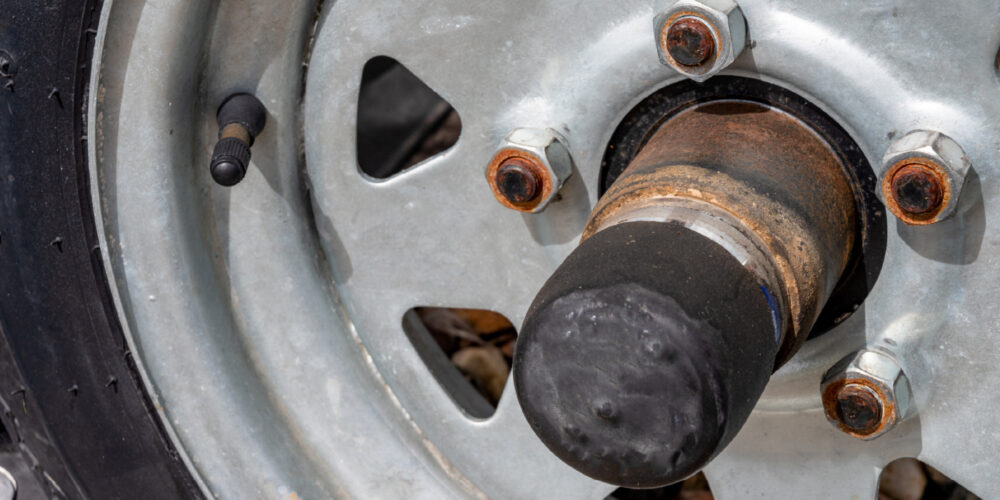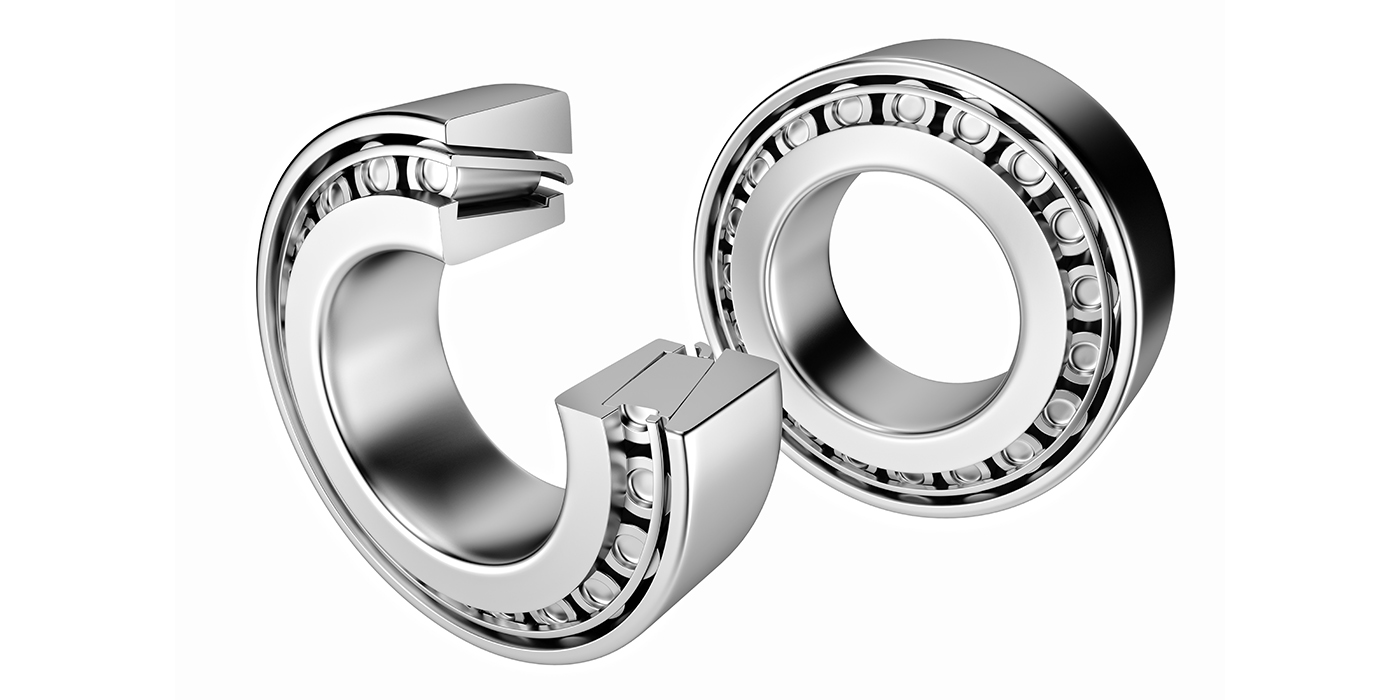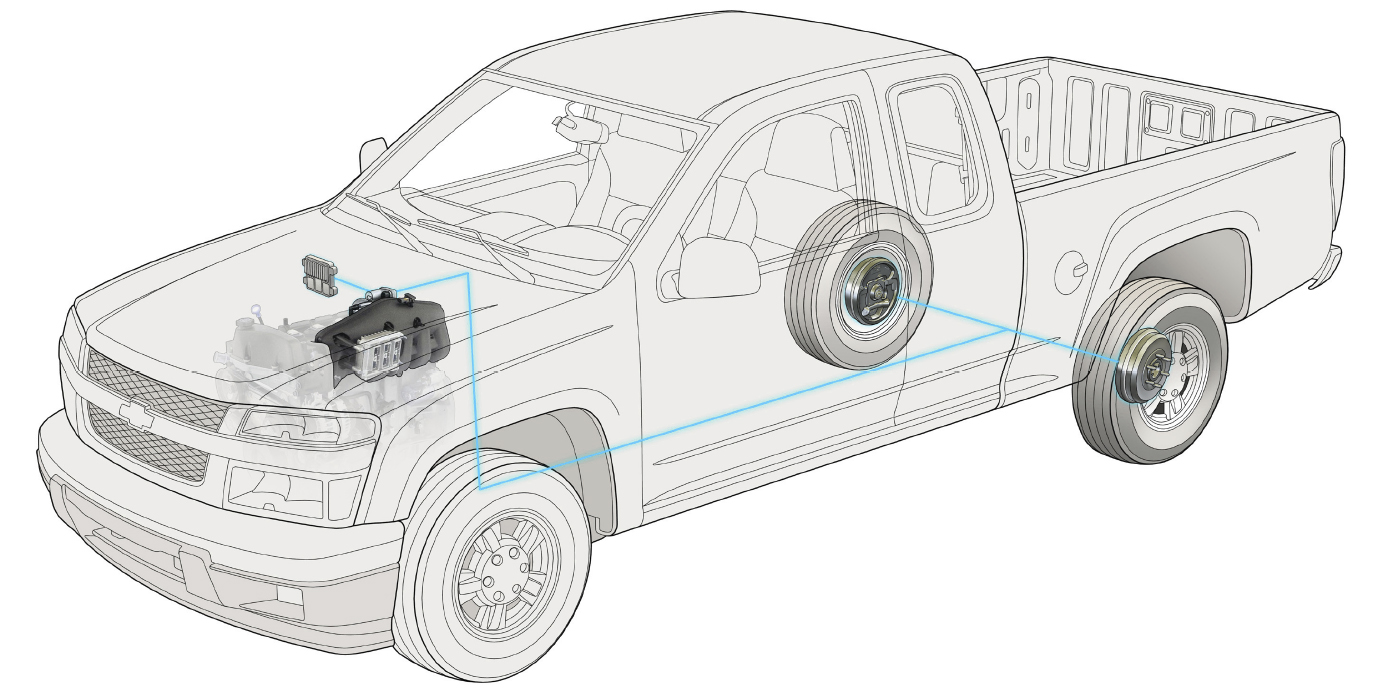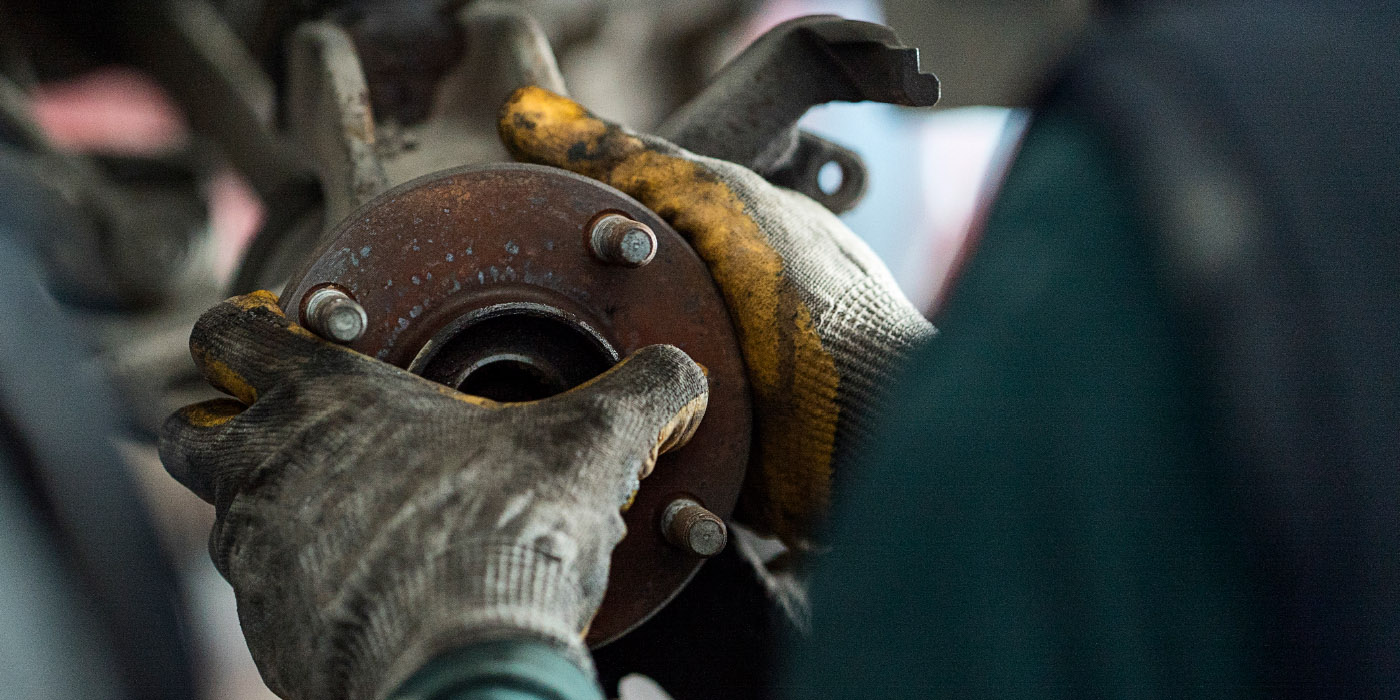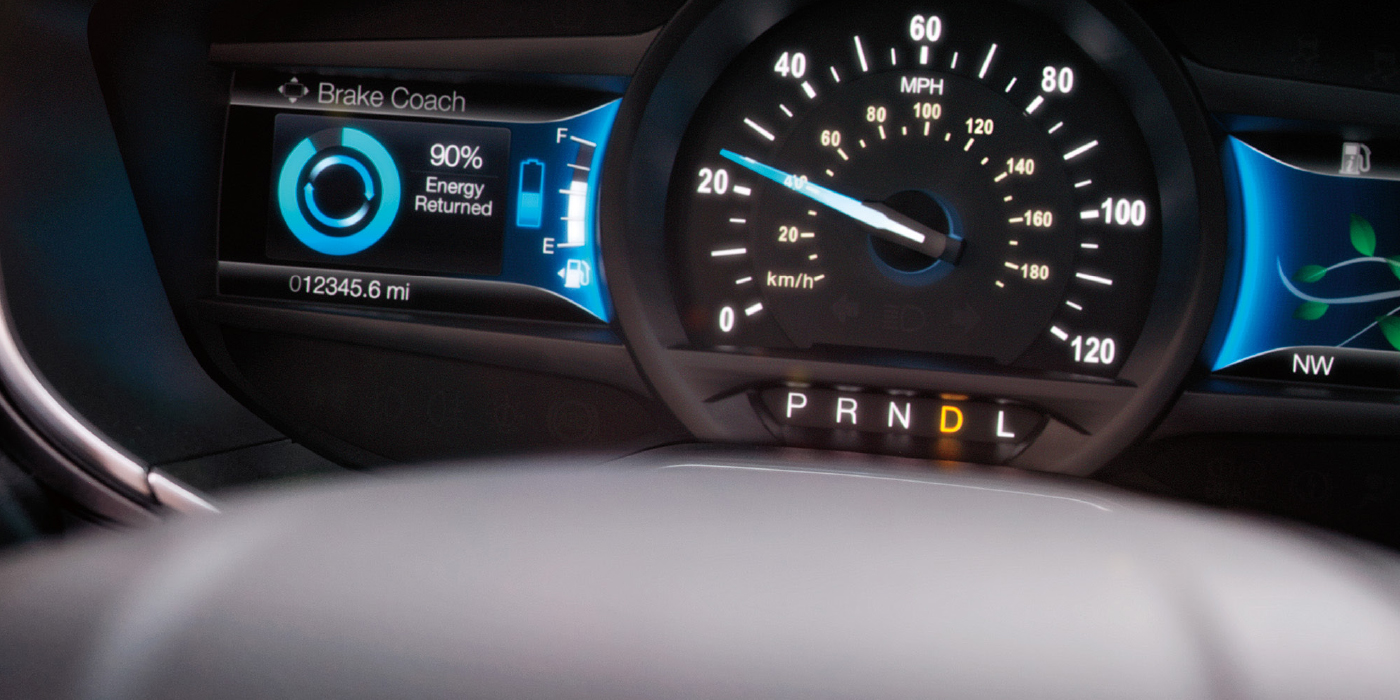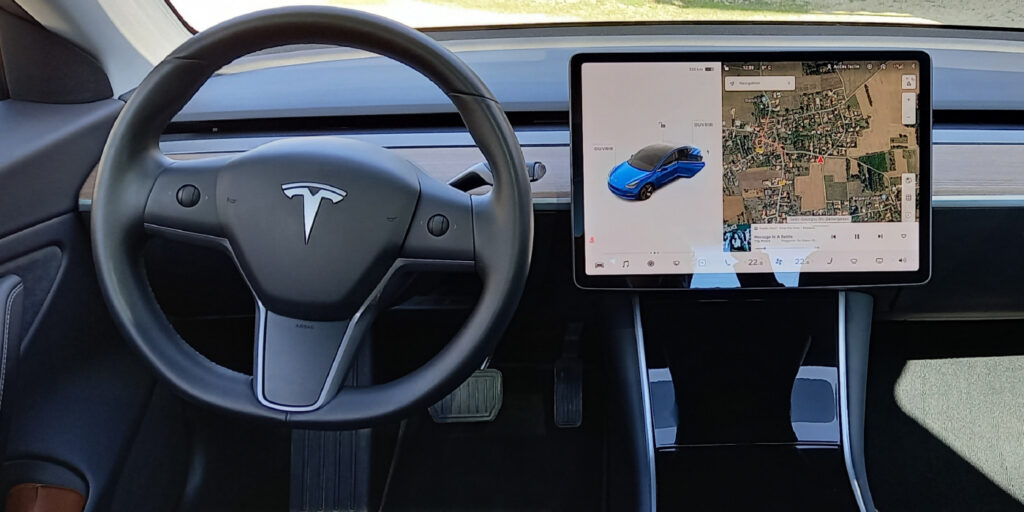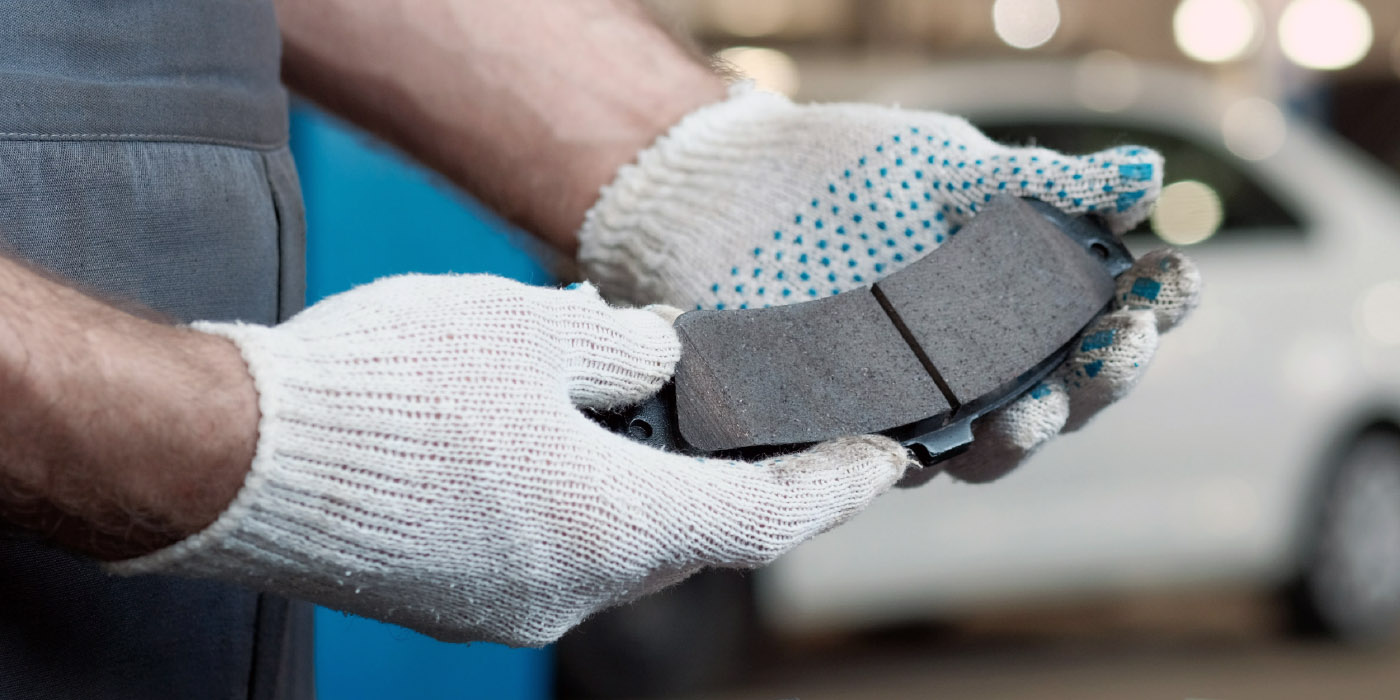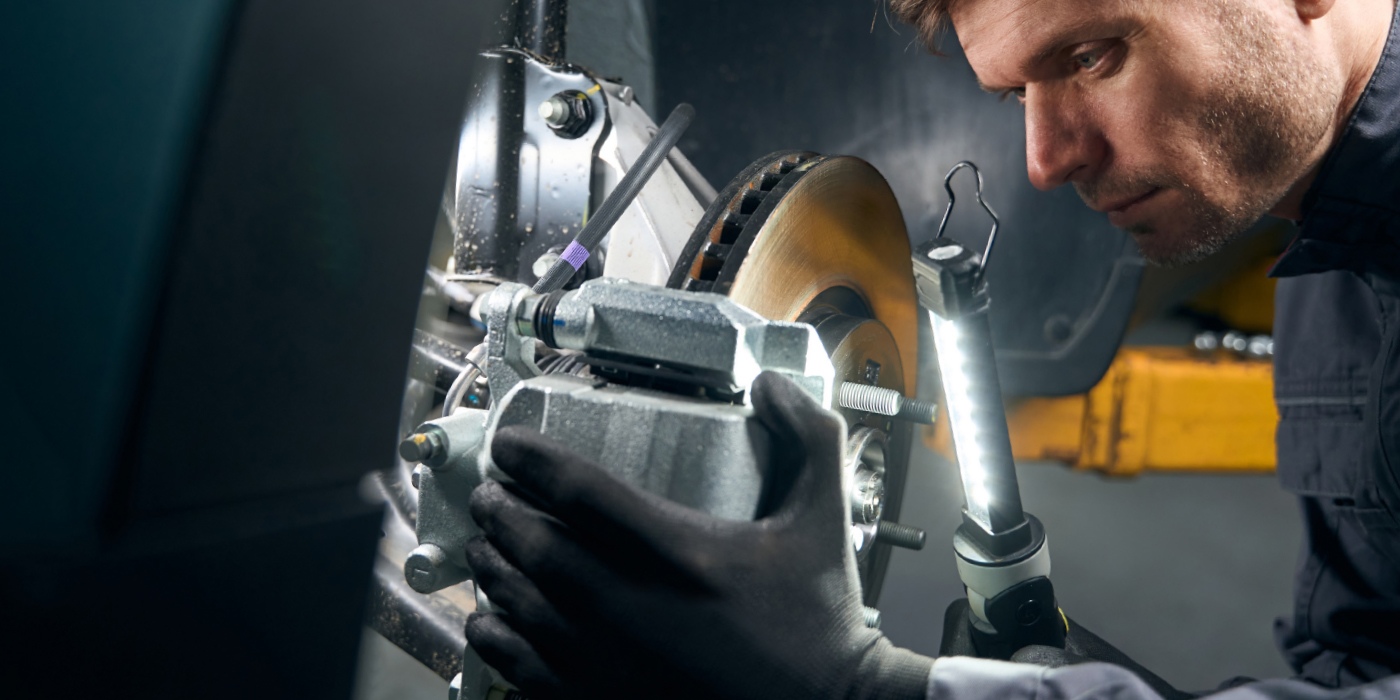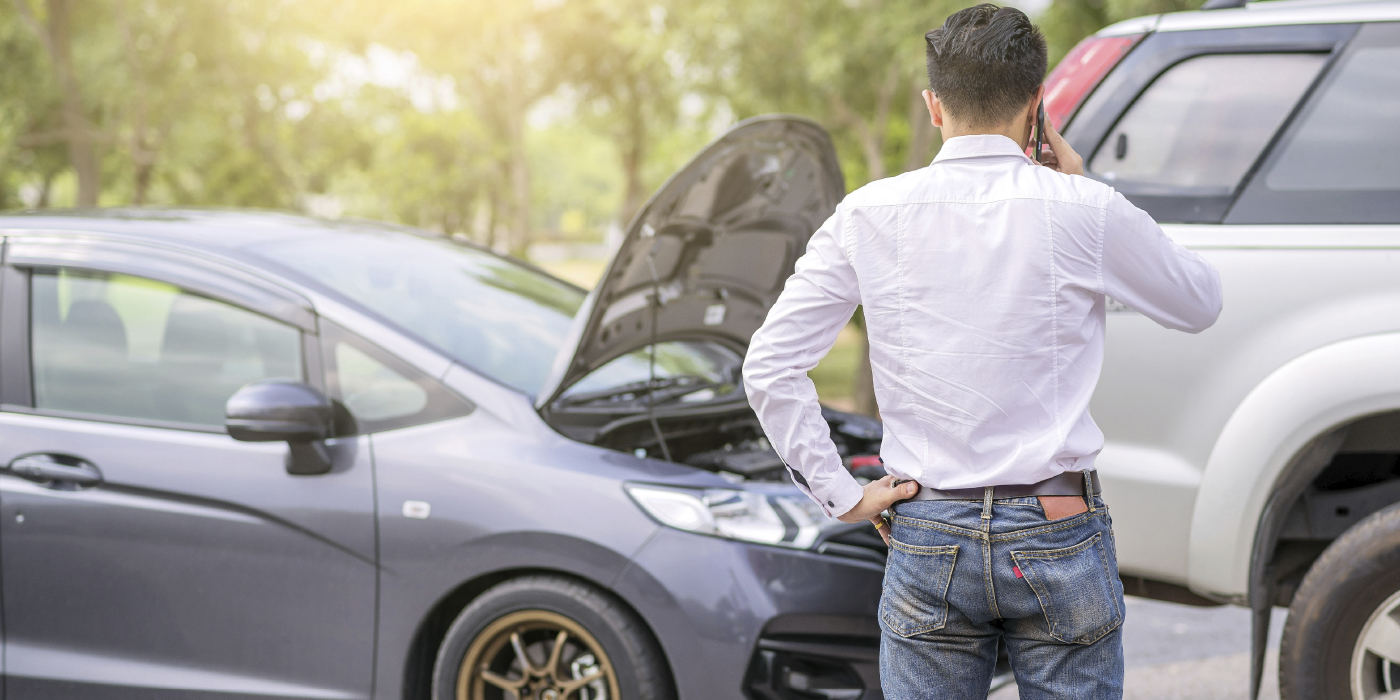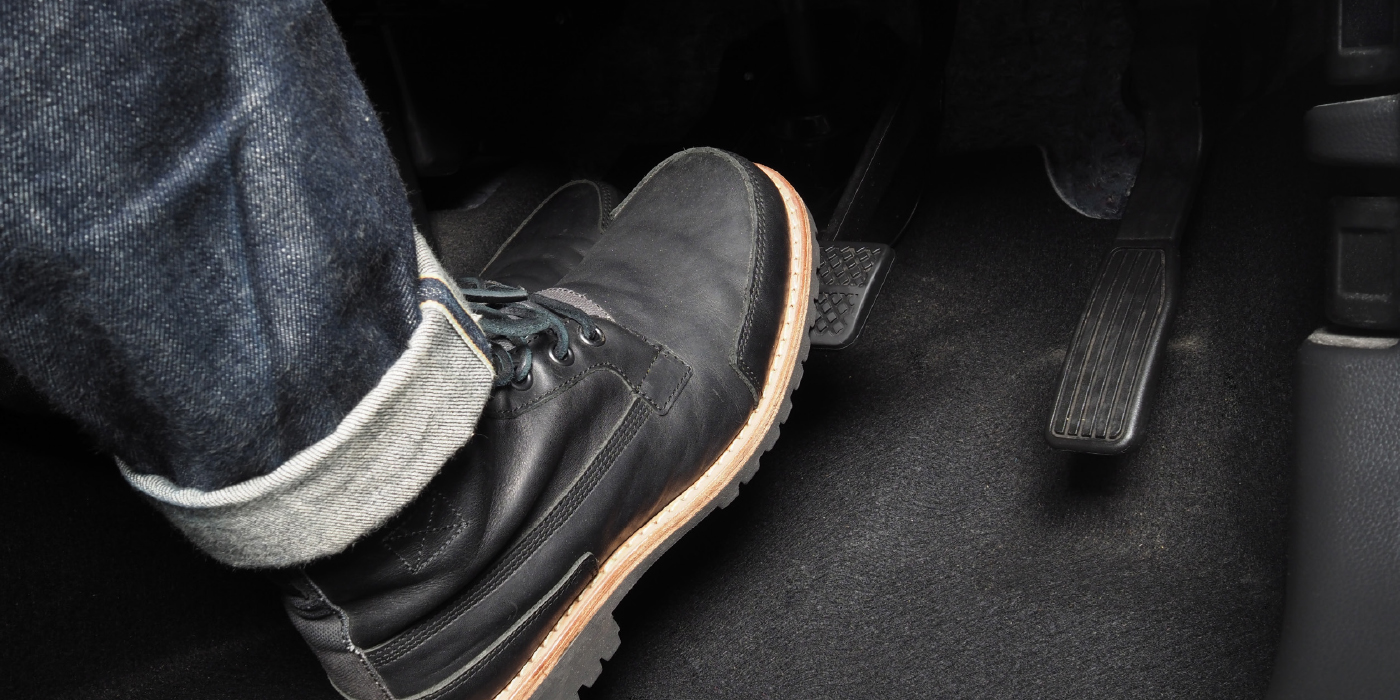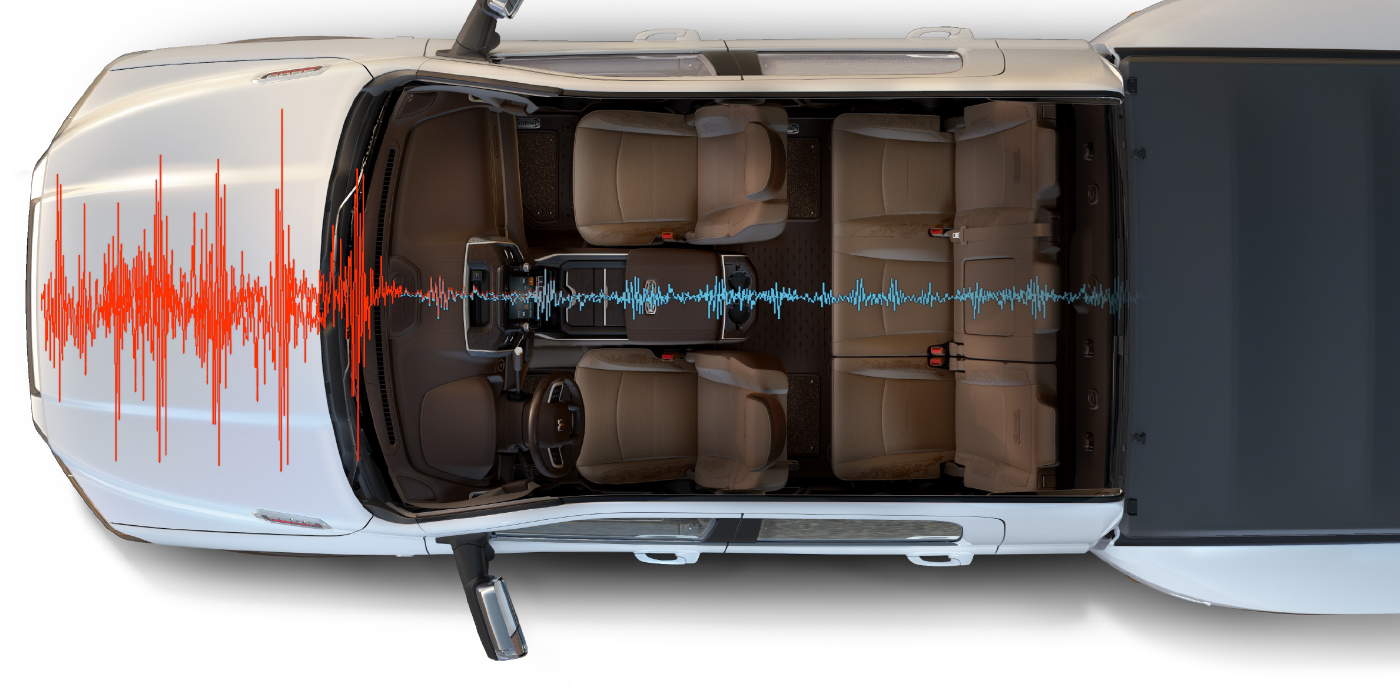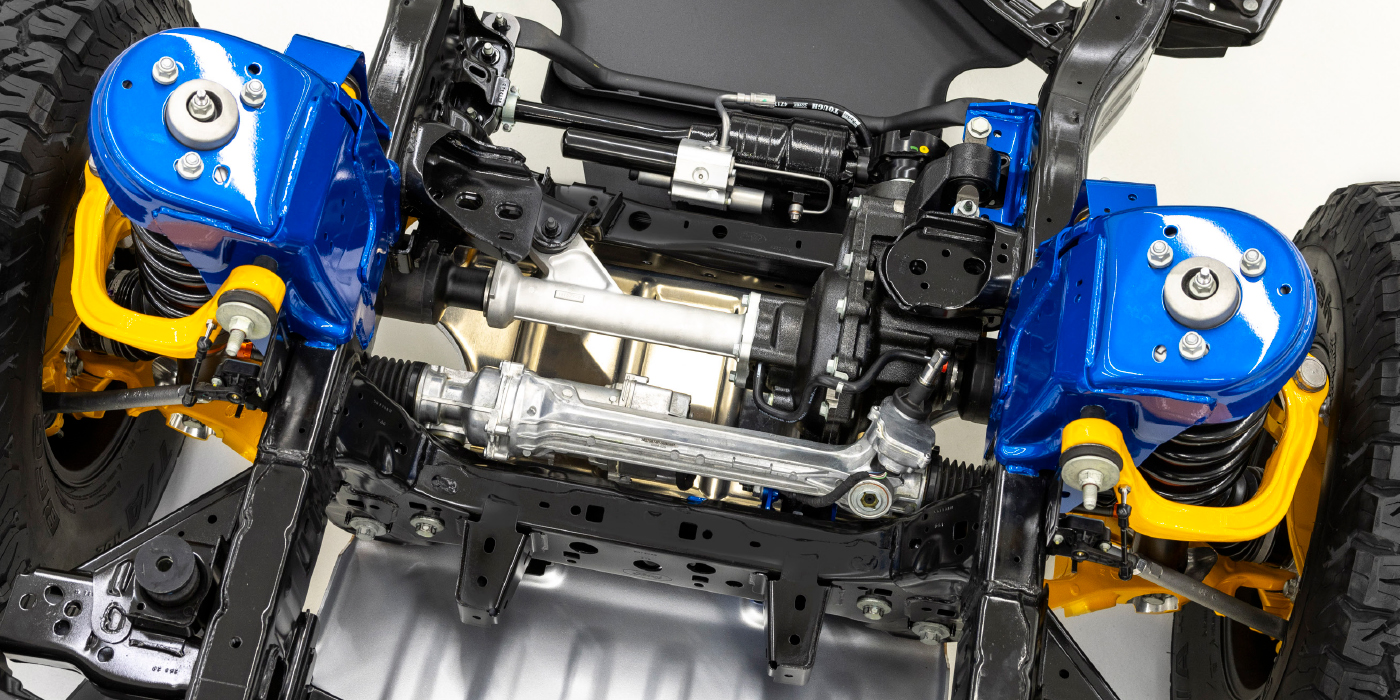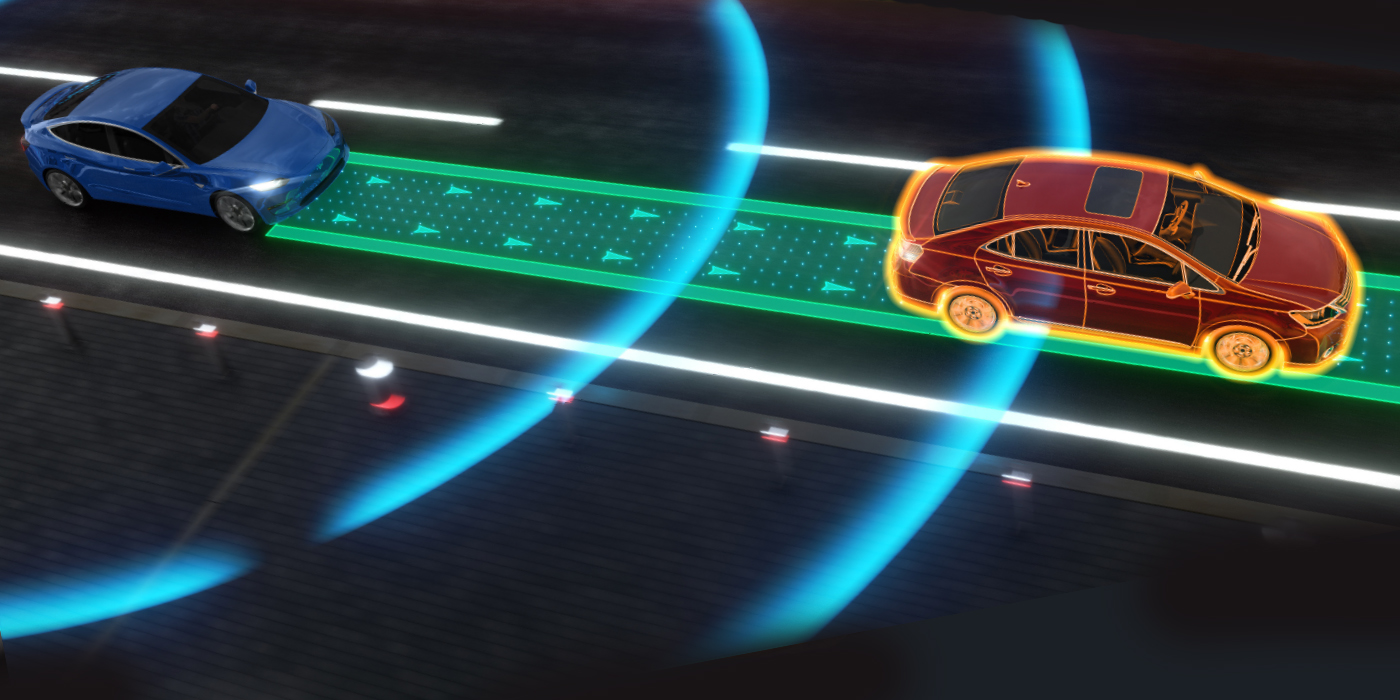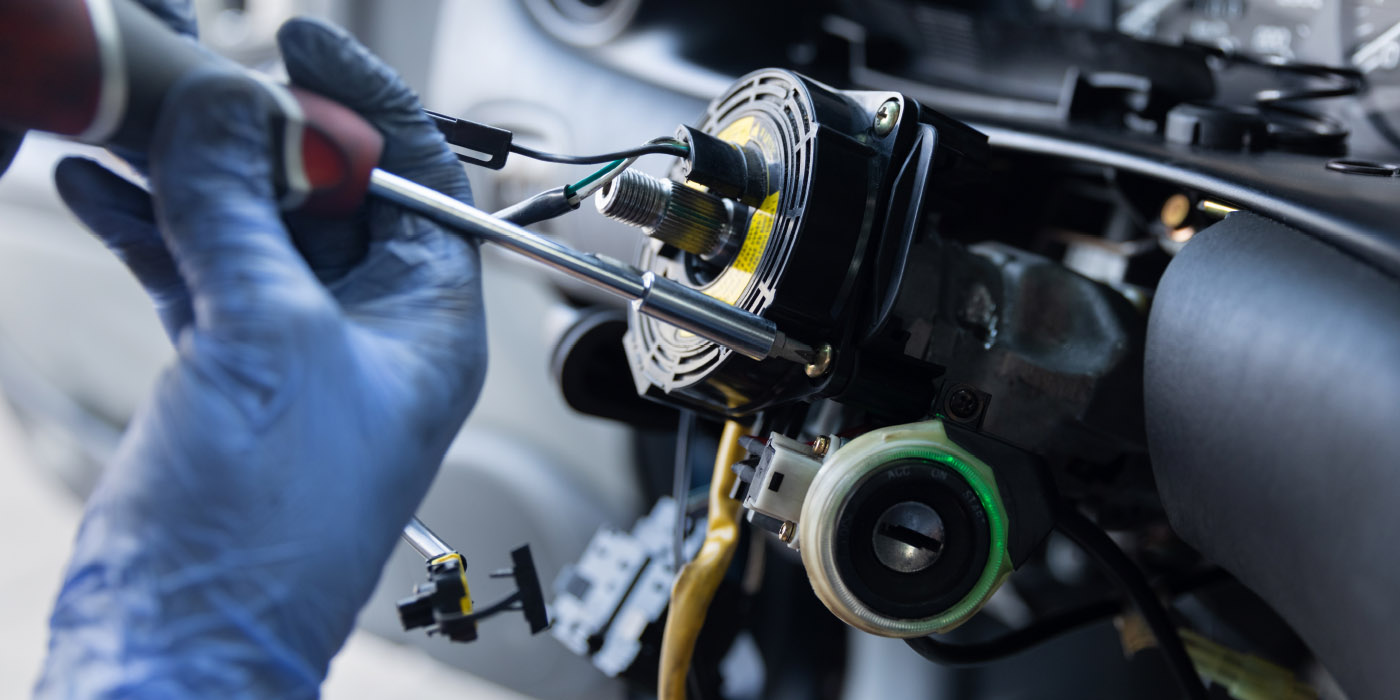When the weather starts to warm up, the boats and campers start to emerge from winter storage. For us as technicians and shop owners, this is good news. There are service opportunities just waiting to be quoted.
Trailer Brakes
Not all trailers will come equipped with brakes, but the larger and heavier ones will likely have some sort of braking system onboard. This will likely come in one of two variants – surge brakes and electric brakes.
Surge brakes are a mechanical system which allows the forward momentum of the trailer and cargo to compress a master cylinder which is built into the trailer tongue. The advantage here is that the driver doesn’t need to intervene, the braking action happens naturally. The disadvantage is that the system can activate when backing up the trailer, and will need to either be manually or electronically “locked out.” Most 7-wire round harness plugs will accommodate a reverse light connection which will lock the master cylinder and prevent the trailer from braking while backing up.
Electric brakes use an electronic control unit to activate and control the electric brakes on the trailer. Older systems would activate both trailer brakes equally, but newer units are able to proportion the braking force side-to-side based on inertial changes measured by an accelerometer. This means that the controller is able to control the brakes on the trailer independently from the truck.
Aside from the braking controls, the brakes are not unlike those you find in the automotive world. They may be drum or disc setups depending on the size and weight of the trailer and the intended cargo. However, these brakes live in a much harsher environment than what you would see underneath a car or truck.
Trailers tend to spend much of their life outside, exposed to the elements, harsh temperature extremes, salt spray, and in the case of boat trailers, complete submersion in the water. If you live along the coast, you know exactly how quickly things will rust once they’re dipped in salt water.
Trailer brakes also tend to be rather neglected, and can sometimes make noise once they’ve worn down but the customer can’t – or won’t – hear them. In any case, whenever you’re servicing a vehicle and you see a trailer hitch installed, ask your customer whether they own a trailer. They won’t bring it to you for service if they don’t know that you’re willing and/or able to do the work.
Trailer Bearings
Behind every wheel on a trailer there will be bearings to help carry the load. Tapered wheel bearings may be more common, but you will occasionally find some hub units out there. Water is the enemy of these bearings, especially for boat trailers. The constant submersion can cause water to force its way past the seals and into the bearings.
The most common cause of bearing damage is the result of moisture/water exposure. You’ll typically see rust buildup, pitting and/or corrosion forming on the bearing races – a condition known as “etching.” Fresh grease is smooth and buttery looking, while water-laden grease is milky white in appearance. As little as 1% water contamination in grease can cause significant bearing damage. The water can also carry debris with it, leading to premature bearing wear.
This is why it’s so important for your customers to periodically bring their trailers in for service. At minimum this should occur at least once a year, but personally I will visually inspect my trailer brakes and tires at the beginning and end of the season, and bearings with seals every spring.

